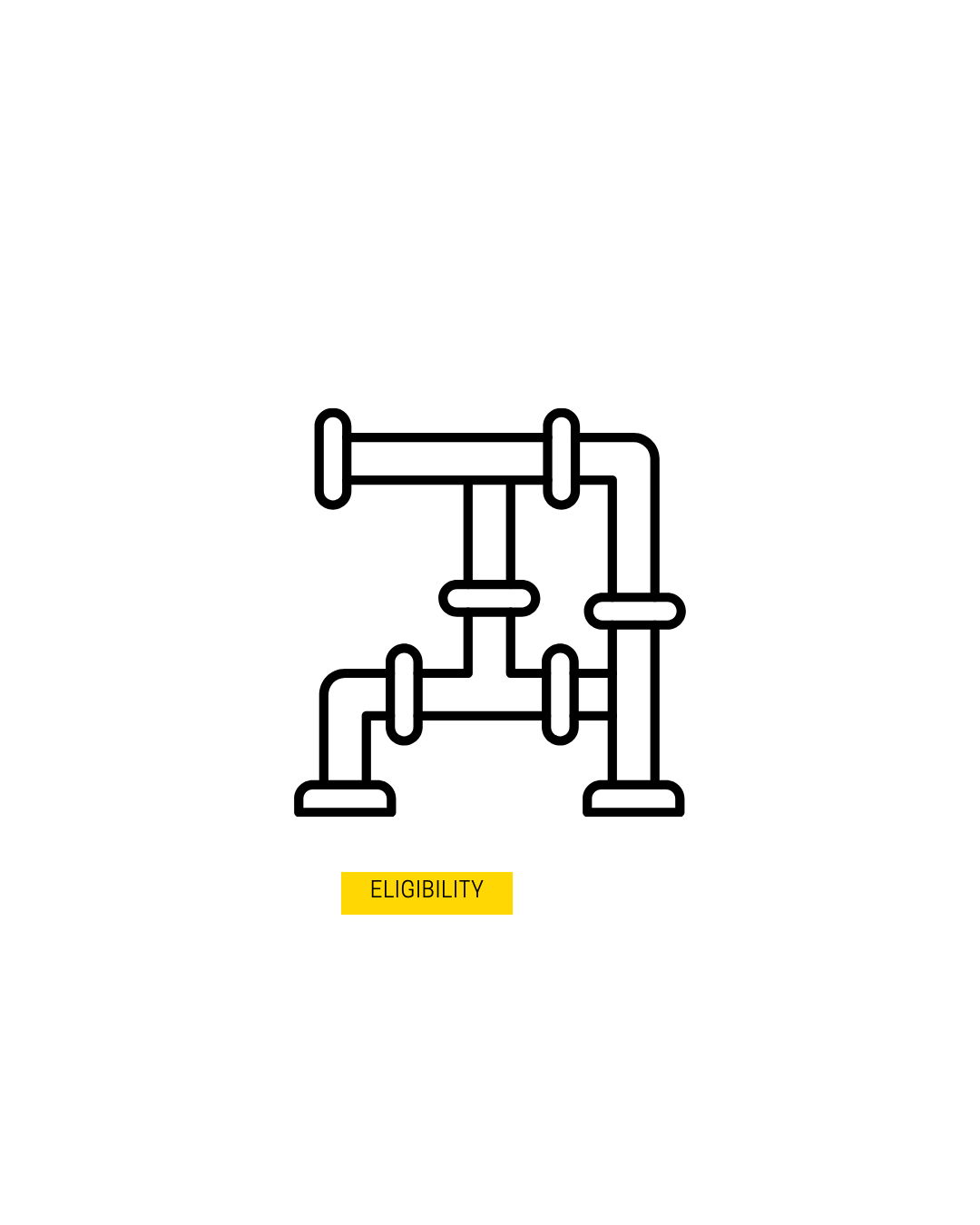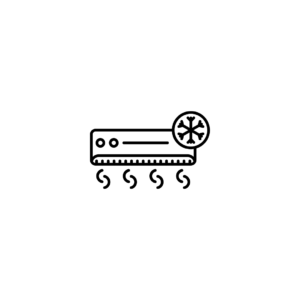Description
Overview of Diploma in Vocation (D.Voc) in Piping Technology
The Diploma in Vocation (D.Voc) in Piping Technology is a specialized program designed to equip students with essential skills and knowledge required for various aspects of piping systems used in industries such as oil and gas, power generation, chemical processing, and construction. This program focuses on the design, installation, maintenance, and management of piping systems, ensuring students are well-prepared for careers in this essential and technical field.
Core Areas of Study in D.Voc in Piping Technology
Basics of Piping Engineering
Understanding the fundamentals of piping systems, including types of pipes, fittings, valves, and their respective applications.
Piping Design and Layout
Learning the principles of designing piping systems, including layout planning, isometric drawings, and the use of computer-aided design (CAD) tools.
Materials and Corrosion Engineering
Studying various materials used in piping, their properties, and corrosion mechanisms, as well as methods to prevent corrosion in piping systems.
Piping Installation Techniques
Gaining hands-on skills in the installation of piping systems, including welding, threading, and insulation techniques.
Testing and Inspection
Understanding various testing methods for piping systems, such as hydrostatic testing, pneumatic testing, and non-destructive testing (NDT) methods.
Piping Codes and Standards
Familiarizing with industry codes and standards (such as ASME, ASTM, and API) governing the design, installation, and maintenance of piping systems.
Safety Practices
Learning about safety protocols and regulations related to pipe installation and maintenance to ensure a safe working environment.
Project Management in Piping
Understanding the basics of managing piping projects, including budgeting, scheduling, and resource management.
Curriculum Structure
A typical Diploma in Vocation in Piping Technology program may include:
Core Courses: Subjects covering piping design, installation techniques, materials science, safety practices, and industry standards.
Practical Training: Hands-on workshops and lab sessions where students can practice installation and testing techniques.
Internships or Industry Projects: Opportunities to gain practical experience by working with engineering firms or construction projects related to piping.
Admission Requirements
Admission to the D.Voc in Piping Technology program typically requires:
A high school diploma (or equivalent), preferably with a background in science or technology.
Some institutions may require an entrance exam or interview to assess candidates? interest and aptitude in engineering or technical fields.
Skills Developed in the D.Voc in Piping Technology Program
Graduates of the Diploma in Vocation in Piping Technology will acquire essential skills, including:
Technical Proficiency: Ability to design, install, and maintain piping systems according to industry standards.
Problem-Solving Skills: Skills to troubleshoot and resolve issues related to pipe systems efficiently.
Knowledge of Materials: Understanding of different piping materials and their suitable applications in various environments.
Attention to Detail: Focus on precision and accuracy in installation and testing to ensure compliance with safety and performance standards.
Safety Awareness: Competence in implementing best practices for health and safety in piping projects.
Career Opportunities
Upon completion of the D.Voc in Piping Technology program, graduates can pursue various career paths, including:
Piping Engineer
Designing and overseeing the installation of piping systems in various industrial settings.
Piping Draftsman
Creating detailed drawings and layouts for piping systems using CAD software.
Piping Inspector
Conducting inspections of piping installations to ensure compliance with safety and quality standards.
Site Engineer
Coordinating and managing piping installation projects on-site, ensuring timely completion and adherence to specifications.
Maintenance Technician
Performing maintenance and repairs on existing piping systems to ensure optimal functionality.
Conclusion
The Diploma in Vocation in Piping Technology provides students with a solid foundation in the technical and practical aspects of piping systems. With the necessary skills and knowledge, graduates are equipped to embark on successful careers in various industries that require efficient piping solutions. If you have any further questions about the D.Voc in Piping Technology or related topics, feel free to ask!









